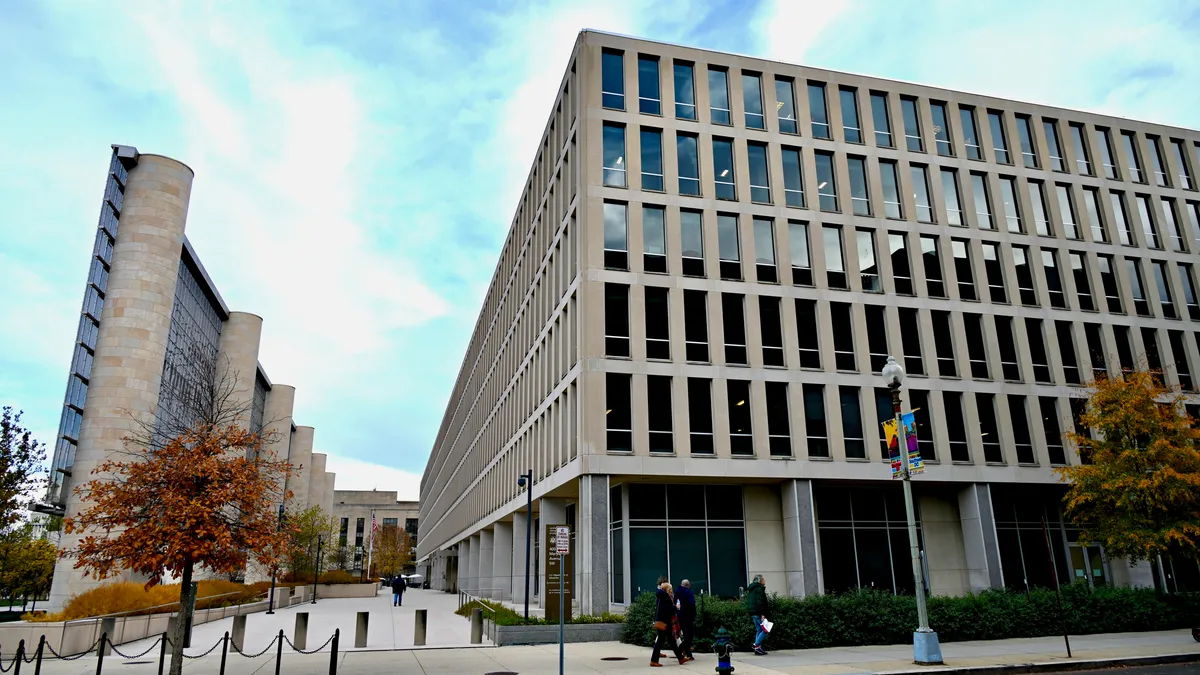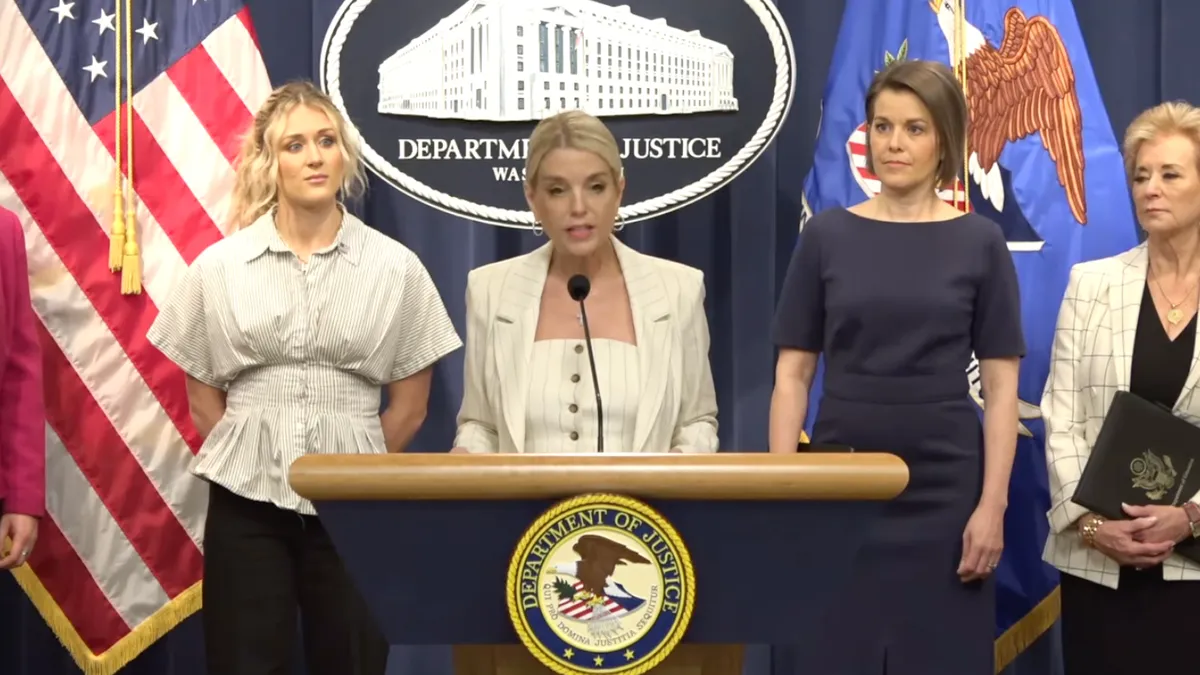The Michigan Department of Education is remaining steadfast that the U.S. Department of Education's Office for Civil Rights has no jurisdiction to hold the state accountable for alleged pandemic-era civil rights violations to students with disabilities.
In an Aug. 30 reply brief, sent to OCR from the Michigan Department of Attorney General, the state continues to push back on OCR's allegations that students with disabilities were denied specialized services due to incorrect state guidance to school districts. The state faults OCR for relying on "dated and unpersuasive precedent" to make its case.
Michigan cites the recent U.S. Supreme Court decision in Loper Bright Enterprises v. Raimondo as a challenge to OCR's position that Michigan has a general supervisory role for Section 504 over local school districts. The Loper decision overturned longstanding court precedent that deferred to agency interpretations of ambiguous statutes during legal disputes.
"Loper casts a long shadow on all of the precedents cited by OCR in its brief and removes any deference this Tribunal should afford to OCR’s interpretation of Section 504," the reply brief said, adding, "OCR is still operating in a pre-Loper world. OCR cannot escape Loper."
In its filings, OCR contends the state provided incorrect guidance about make-up services for instructional time that was missed during pandemic-related school closures, and that it is therefore in violation of Section 504 of the Rehabilitation Act of 1973, the federal civil rights law that protects people against disability discrimination.
OCR began investigating MDE's compliance with Section 504 in June 2022 and issued the results of its findings in June 2023. MDE has refused to come into voluntary compliance but can choose to do so at any time, OCR has said in previous filings.
MDE, which has repeatedly denied wrongdoing, is seeking to dismiss OCR's findings, while OCR is planning a hearing in front of an impartial and independent administrative law judge.
Like previous filings, MDE's reply brief argues that the federal Office for Special Education and Rehabilitative Services has exclusive jurisdiction over special education compliance under the Individuals with Disabilities Education Act. Furthermore, OSERS, through its Office of Special Education Programs, has not raised concerns about the state's pandemic guidance documents or requirement to provide a free appropriate public education under IDEA.
OCR, however, has argued that it does have jurisdiction, because it found the state in violation of Section 504 civil rights protections for students with disabilities. Students with disabilities may be eligible for services and accommodations under both IDEA and Section 504, or under Section 504 only or IDEA only.
The Michigan Department of Education also challenges OCR's argument that MDE had a responsibility under Section 504 to ensure its school districts were compliant with the law. OCR, the state said in its reply brief, "ignores the irreconcilable distinctions between the language of the IDEA — which explicitly and in numerous sections imposes general supervisory obligations and authorities on SEAs [state education agencies] — and Section 504, which provides no similar text. Congress’s choice to include the general supervisory provisions in the IDEA, and not in Section 504, strongly negates OCR’s tenuous position."
MDE adds that, "OCR cannot engage in legal gymnastics to fabricate some basis to hold SEAs accountable for local school districts’ Section 504 failures."
In an Aug. 9 filing, OCR said the state was attempting to drive “a new wedge between IDEA and Section 504 protections,” which would have the “immediate effect” of curtailing OCR’s enforcement authority for the Section 504 rights of millions of students with disabilities protected by both Section 504 and IDEA.
In a statement on Wednesday, MDE said, "Due to the ongoing proceeding, the Michigan Department of Education has nothing more to add to the detailed documents we filed. We remain strongly committed to providing equal access to educational opportunities to all students in Michigan — including students with disabilities."
A rare administrative proceeding
While the back-and-forth between OCR and the Michigan Department of Education is state-specific, education attorneys and disability advocates across the country are watching the escalating administrative proceeding with interest.
Typically, when OCR conducts an investigation and finds civil rights violations, it will negotiate a resolution agreement with the local or state school system to correct the wrongs and improve their practices. If a school system refuses to come into compliance, OCR could recommend that federal financial assistance be suspended or terminated.
The last time the Education Department held an administrative hearing where a final decision was made to terminate federal funds was in 1997, according to the department.
Selene Almazan, legal director of the Council of Parent Attorneys and Advocates, a nonprofit that supports the legal and civil rights of students with disabilities, said the escalation of this dispute to an administrative hearing phase is rare.
COPAA has joined the proceeding as an "amicus curiae" in support of OCR. Almazan said COPAA has been interested since the start of the pandemic about whether students with disabilities would receive their guaranteed and individualized services during COVID-19-related school closures.
"What we hope to bring to the table is the impact on parents, and the impact on students with disabilities, and the reason why it's so important to ensure that the enforcement of Section 504 is placed properly on the states," Almazan said.








 Dive Awards
Dive Awards














